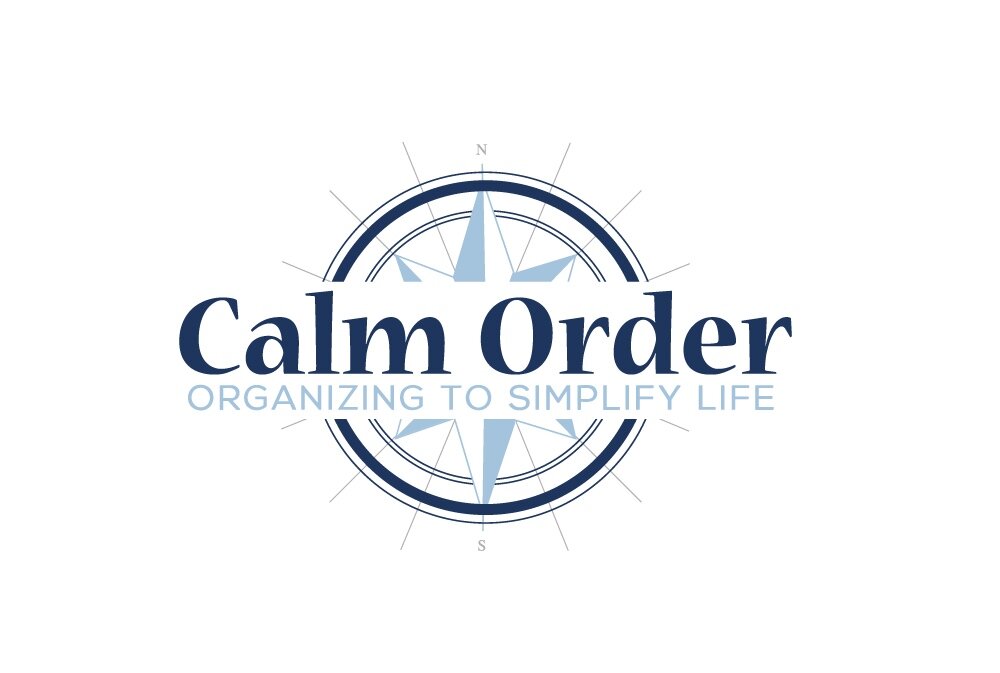The start of school comes around the same time every year, but it is always a rush to get organized for the start of classes come September. Especially for students heading into a new grade or starting university on their own, preparing for the start of classes can be a stressful and chaotic time. However, by starting early and developing a routine that fits your schedule and study habits, the countdown for September doesn’t have to be so daunting!
Shop smart
Before a shopping trip is even planned, it’s important to take stock of the school supplies, clothes, shoes, and other items you already own. Moving up to a new grade or going to university doesn’t mean that a whole new wardrobe or brand-new supplies are required. The same pencils, pens, jeans, and tops used the year before will work perfectly for the new school year. Replacements may be needed for clothing that doesn’t fit or needs repairs, or any supplies that are depleted or need replacing. Make sure to do a thorough inventory and keep a list of items that need to be purchased. While it may seem tempting to buy a stash of supplies or extras, try to avoid doing this. Extra supplies will end up taking up unnecessary space and create clutter, especially because a lot of these extra supplies may not even be needed throughout the year. It’s better to keep track throughout the year of what you use and replace it only when needed.
Create a filing system
Homework, tests, assignments, report cards, permission slips, course outlines – a lot of paper is involved in going to school, and these loose pages often end up lost before the first week is even over. To prevent this from happening, implement a system or routine of dealing with paper as it comes in. Folders or trays can be allotted for paper that needs to be kept, paper that needs to be dealt with right away, and any other category that pertains to your school work. Train yourself to deal with paper as soon as you bring it home. First, determine if you really need to keep it. If it’s a course outline that you have access to online or won’t need to use, place it in the recycling bin. However, if it’s an assignment sheet or permission slip, make sure it’s place in a tray that you know means it must be dealt with or saved for a later date. This will help you keep track of any important documents you bring home, and prevent large piles of clutter from accumulating around your home! Consider implementing a similar system for your email to deal with any messages from teachers or professors.
Designate a study space
To keep organized year-round, establish one space for studying, completing homework, and storing your school items. Whether it’s an entire office or just a desk in the corner of a room in your home, having a designated space for school can help you stay focused. This space should be kept clean and organized – on a weekly basis, go through any papers, books or supplies that have started to clutter and make sure that it is kept clean and clear for you to study. Having a designated space to do work can help you stay on track of homework and assignments because you will always have a place to complete them. No more cleaning off tables last minute, shoving off piles of paper and assorted books, or getting distracted from a cluttered space! A dedicated space means that no unnecessary items or clutter can distract you from the task ahead, and will help keep your mind clear and focused on the task ahead.
Don’t start everything all at once
The start of the school year is often the start of extra-curricular activities like sports, music lessons, volunteering, and part-time jobs. However, starting a busy schedule right from the start can be very stressful, especially for students that are transitioning to higher grade levels, or a new school. The first month of school should be a time dedicated to becoming familiar with a new schedule and routine outside of any extra activities. This way, students can better understand what their homework load is, what their sleep schedule will be like, and how much time they can dedicate to outside activities in the evenings and on the weekends. Remember, it’s important to leave time in your week to relax! For students, September should be about establishing a routine and growing comfortable in a new environment. Try and wait a few weeks before introducing more activities into the daily schedule.













